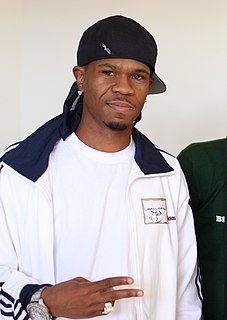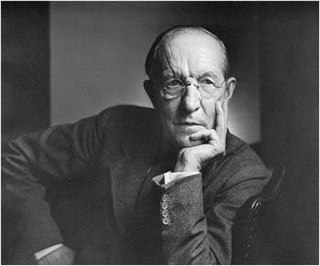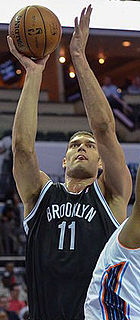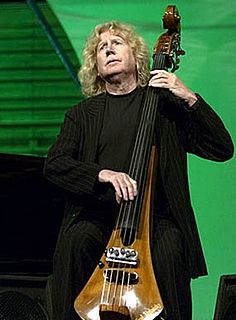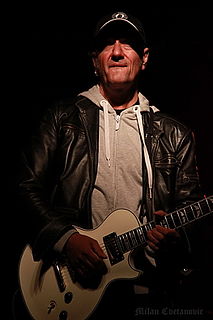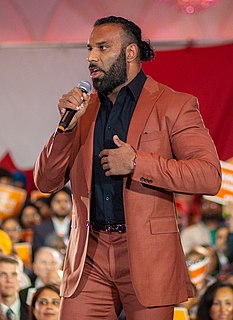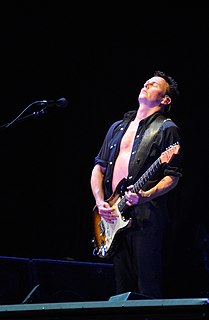A Quote by Chamillionaire
I woud definitely want to collaborate with Indian musicians.
Quote Topics
Related Quotes
I basically love classical music. I love a lot of musicians playing together and the whole culture of that whether it's Indian or it's Western. But in India, I think it's limited to filler music unfortunately. That's one thing I want to push in India where we have the infrastructure of an orchestra where you play Indian melodies with an orchestra and something different for a universal audience. It requires a lot of work from me.
I have a theory that musicians recognize each other and if they are destined to collaborate together they will. Mainly, they recognize each other according to the class they belong to. If they are punk-rocker kids from the neighborhood, they are going form a band. If they happen to be musicians that are going to play in pubs and restaurants, they are going to recognize each other, form a band and play together. If it's about musicians that are playing jazz and are going to jazz festivals, for e.g., then they are going to meet and work together.
The film's title You Can't Be Neutral on a Moving Train. comes from something I used to say in teaching my students "This is not going to be a neutral class." The world is already moving in certain directions and wars are going on and children are going hungry. Terrible things are happening. And so to be neutral in a situation like this is to collaborate with whatever is going on. And I don't want to collaborate with the world as it is. I want to intrude myself. I want to participate in changing the direction of things. So that's the origin of the title.
